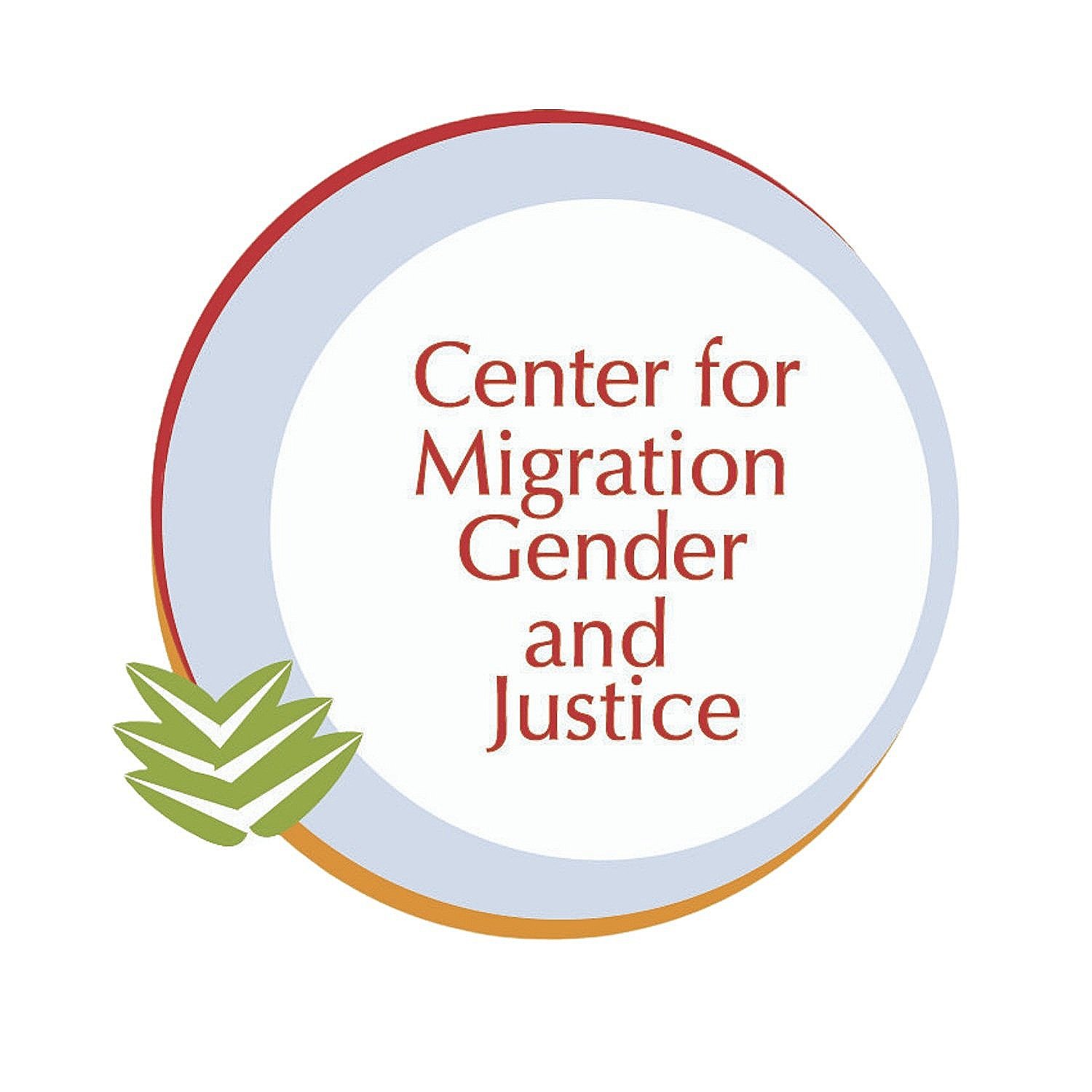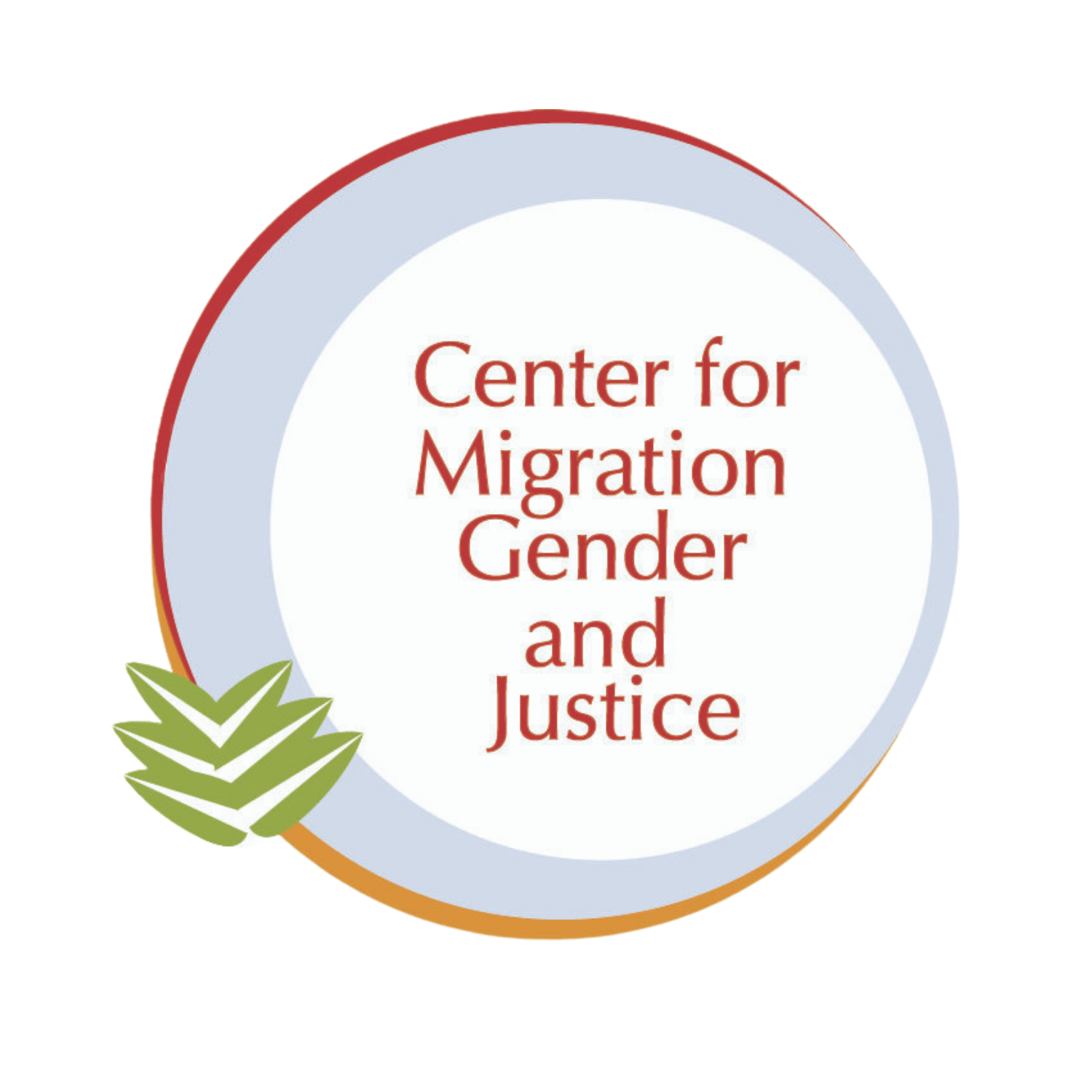It’s time to Unburden the Brutalized: Reflections on Migration, Gender, and the Fight for Climate Justice
“I don‘t have a solution; more so than not, I struggle even to have hope, but I‘m hoping that you, migrant youth climate advocate, find a community that fends off your hopelessness.”
Tatenda Dlali, CMGJ Climate Focal Point
In his acceptance speech for the humanitarian award at the 2016 Black Entertainment Television Awards, actor and activist Jesse Williams said: “The burden of the brutalized is not to comfort the bystander.” While Williams’s speech addressed the surge of police brutality towards communities of color at the time, many iterations of it find relevance in sociopolitical, economic, and environmental struggles now.
The most recently applicable example of this for me was at the European Network Against Racism’s (ENAR) Climate Justice Academy. At the Academy, which took place in Lisbon, Portugal in November 2023, climate justice activists from across Europe at different stages of their journey gathered to learn from each other in terms of capacity building, dissemination of information, research, and the mobilization of our communities in collective action. A focus point of this first session were the adverse effects of the climate crises on racialized communities.
During the training, we were tasked to collect insights on how much the general public knows about climate change, how they feel about it, and how they have experienced its impacts. The group that I was in decided to conduct interviews as part of our research, so off we went on the streets of Brussels: some people knew very little, some people knew a substantial amount, but the results of the research are beyond the scope of this blog.
We then presented our findings amongst all participants and unpacked the results. This unexpectedly struck a nerve for me. I can‘t say why other than because in the fight for any kind of liberation, hopelessness is always imminent and must always be fended off. This time my hopelessness sounded much like this: “When Will We Unburden the Brutalised?”
The geopolitical North makes decisions with regards to (over)production, (over)consumption, and carbon emissions that disproportionately impact societies in the geopolitical South that don’t have the necessary and adequate resources to adapt to these effects. This subsequently leads to displacement, whether internally or internationally.
Did you know that disasters triggered 32.6 million new internal displacements in 2022?
The top 5 countries of this new internal displacement were all in the geopolitical South. Pakistan recorded the most internal displacements resulting from environmental disasters. But, guess what? Pakistan only contributes less than 1% of global greenhouse gas emissions annually.
Did you know that nearly all (98%) of these new internal displacements in 2022 were the result of weather-related hazards?
Storms, floods, and droughts formed the main causes for new internal displacements. Somalia experienced its worst drought in 40 years, leading to the displacement of 1.1 million people. But, guess what? According to the UN, the 2022 drought in Somalia is due to five consecutive failed rainy seasons directly related to human-caused climate change.
And finally, did you know that according to predictions by the World Bank, climate change could lead up to 216 million people in six regions to “move” within their countries by 2050?
Guess what? Most of these countries are in the geopolitical South.
What’s more, this climate-induced displacement is gendered! Here are some quick facts:
Fact 1: 80% of people displaced by climate change are women and girls.
Fact 2: Heightened risks of gender-based violence and sexual exploitation are correlated to displacement and climate change.
Fact 3: Women represent 33% of climate-related decision makers. How many of these 33% have experienced displacement due to climate change themselves, research has yet to show.
In the struggle for any kind of liberation, hopelessness is always looming. For me, ENAR’s first session of the Climate Justice Academy was a place where that hopelessness was validated, but then was worked through.
I don‘t have a solution; more so than not, I struggle even to have hope, but I‘m hoping that you, migrant youth climate advocate, find a community that fends off your hopelessness.
I hope that your community gathers together to educate each other.
I hope that you are able to go through the slow process of decolonizing the climate justice movement and that you see gathering and organizing as an act of love and building power.
I hope that your experiences are regarded as enough expertise.
I hope this unburdens you and builds back your hope.
Yours truly,
Tatenda

